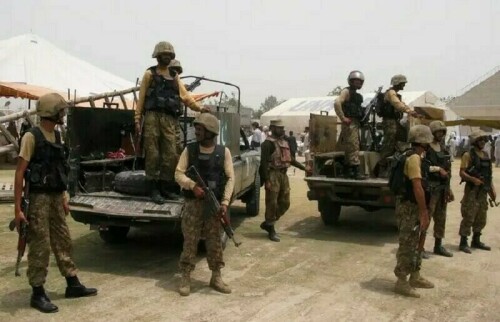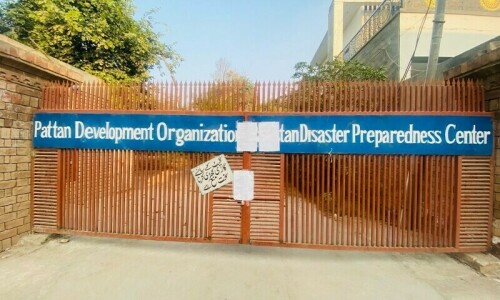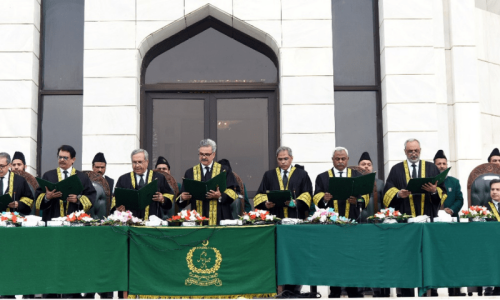Pakistan’s indigenous defence production reaches $1.5bn

ISLAMABAD: The country’s indigenous defence production has reached $1.5 billion per annum, according to a report published in the Jane’s Defence Weekly. The journal quoted an unnamed Pakistani official as saying: “We have substituted imported defence equipment worth $1.5bn [per year], which for us is a huge bonus.”
The defence industry has often been criticised for being inefficient and low tech because of which the cost of its products has been higher than that of comparable items in the international market.
But, the government’s decision to grant first right of refusal to the local industry, which is state-controlled, helped the ailing industry in boosting its sales. The right of refusal has not been fully accorded as Sindh province is yet to comply.
Under the first right of refusal, local buyers have to accord preference to local industry for their procurements. The Minister for Defence Production Rana, Tanvir Hussain, was quoted by the Jane’s as saying: “We have achieved self-sufficiency in several areas of defence production. We cannot lower our guard against the threat from our adversaries.”
Of the $1.5bn defence hardware produced locally, Pakistan Aeronautical Complex at Kamra, which manufactures JF-17 Thunder fighter jet, Mushak and Super Mushak aircraft and produced equipment worth a billion dollars last year.
Supplies worth another $500 million came from other production facilities catering for the Army and the Navy. These included the Heavy Industries Taxila (HIT) and the Pakistan Ordnance Factories (POF).
The Taxila complex builds Al Khalid and Al Zarrar tanks along with armoured personnel carriers, while POF produces small arms and medium-sized weapon systems for the armed forces. Another major contributor has been the Karachi Shipyard and Engineering Works.
Despite the progress made by the local defence industry in meeting the needs of the armed forces, it (the defence industry) has not been able to find buyers for its products in the international market.
Officials are hopeful of some deals materialising in near future, including one for sale of JF-17 Thunder jets.
“For years officials have hoped a major export order for one of these would put the country on the list of the world’s emerging arms exporters,” Jane’s noted. It added that there was a small ray of hope, however. Nigeria, it said, was due to finalise plans to buy 15 to 30 units of the JF-17 in what would be the fighter’s first export.
Published in Dawn, December 16th, 2014













































